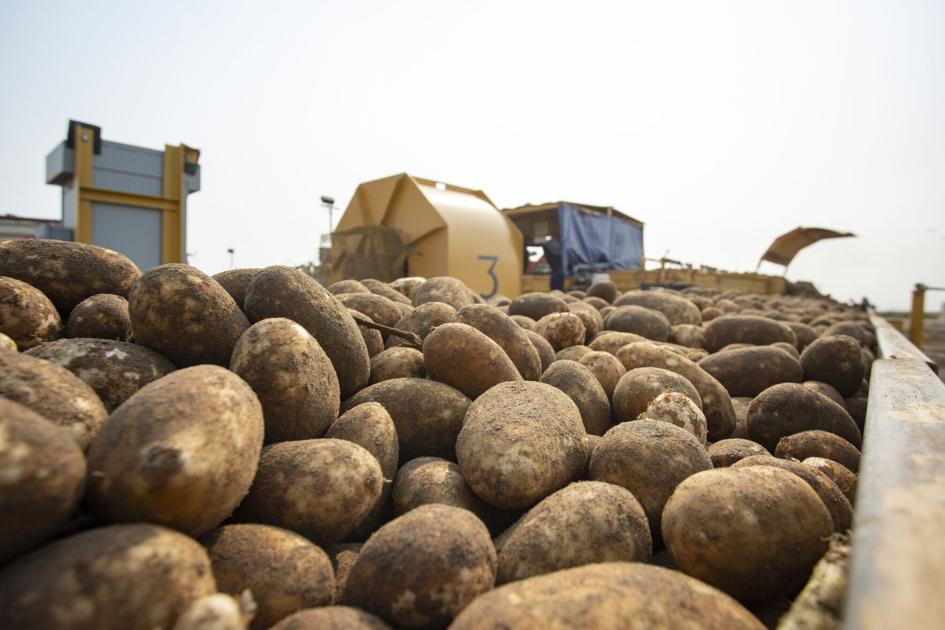
The writer, Morgan Stanley Investment Management’s chief global strategist, is author of ‘The Ten Rules of Successful Nations’
The clamour is growing to ramp up sanctions against Russia, which stands accused of deploying hackers, assassins and other provocateurs abroad, and of repressing dissent at home. But it is worth pausing in this moment of anger to consider that in one crucial respect sanctions have made Russia stronger.
The story begins back in 2014, when Russia suffered the twin shock of falling oil prices and Western sanctions levelled in response to the invasion of Crimea. Russia was accustomed to financial crises, which helped topple its Soviet empire in 1989, wiped out the rouble twice in the 1990s, and struck again in 2008. But the 2014 shocks seemed to persuade president Vladimir Putin that enough was enough.
Though he is often compared with erratic autocrats, Putin has long been relatively careful on macroeconomic policy. After 2014, he turned even more defensive, and focused on turning Russia into a financial fortress invulnerable to external pressure, including sanctions. To a surprising extent, he has succeeded. Once among the most crisis-prone emerging nations, Russia is now one of the most conservative and stable. While peers like Turkey’s Recep Tayyip Erdogan grow increasingly unorthodox on economic policy, Putin has become a model of orthodoxy.
The pillars of fortress Russia lie in how the Kremlin manages its budget and the rouble. When the pandemic started to force economic lockdowns last year, Russia was ready. It entered the crisis with the lowest government debt among the 20 largest emerging economies, just 14 per cent of gross domestic product. It also had the highest government surplus, the fourth highest current account surplus, and the fourth largest foreign currency reserves: some $580bn, up from a 2015 low of $350bn.
Seven years of hawkish monetary policy to control inflation had left the central bank with room to cut rates. For the first time in modern history, Russia had the wherewithal to counter a crisis by raising government spending and easing interest rates. Yet its leaders continued to move deliberately. In 2020 its central bank and government stimulus was moderate compared with other big emerging economies. So too was the resulting downturn; a contraction of around 3.5 per cent.
Today Russia is less vulnerable to outside pressure than in 2014. The debt its government and private borrowers owe to foreigners is low. And the resources they have to cover those debts, whether from export revenues or in foreign reserves, is high. For example, Russia’s short-term foreign debts amount to barely 10 per cent of its foreign currency reserves, compared with an average of over 30 per cent in emerging countries.
Russia is also less beholden to the global oil market. The government stores excess profits when prices are high, and spends them when prices are low, stabilising the economy and the rouble. Today, the rouble is less prone to swing with oil prices than the currencies of developed energy exporters like Canada and Norway.
Finally, the Kremlin is making import substitution work. It countered international sanctions by blocking food imports, which has invigorated Russian agriculture and reduced dependence on foreign suppliers. Along with China, Russia is one of the few countries to nurture domestic internet giants behind increasingly closed doors to protect them from western competition.
The flaw in the fortress strategy is that it is all defence and no offence. Putin talks of boosting economic growth — which has averaged barely 2 per cent over the past decade — but offers no real plan to make it happen. Since 2014, Russia has fallen off the list of the world’s ten largest economies. Still, despite falling living standards and exposés of state corruption, polls suggest more Russians think the country is moving in the right direction than the wrong one. A crisis scarred nation seems to prize stability.
As it happens, fortress Russia is well-built to survive a post-pandemic world of greater deglobalisation and local digitisation. With the global economy facing the threats of slower growth, higher inflation and frothy markets, domestic strength is a key advantage.
Of course, the stated intention of sanctions is to target the Kremlin and its allies, not to punish the Russian people. But seven years of sanctions have already hardened the Kremlin against outside pressure. That means it will take more than just ratcheting up targeted sanctions to dent the walls of fortress Russia.
The Link LonkMarch 28, 2021 at 05:00PM
https://www.ft.com/content/8ba328f7-f002-439e-a19b-c0839b649dde
Fresh sanctions may barely dent Fortress Russia - Financial Times
https://news.google.com/search?q=fresh&hl=en-US&gl=US&ceid=US:en

No comments:
Post a Comment